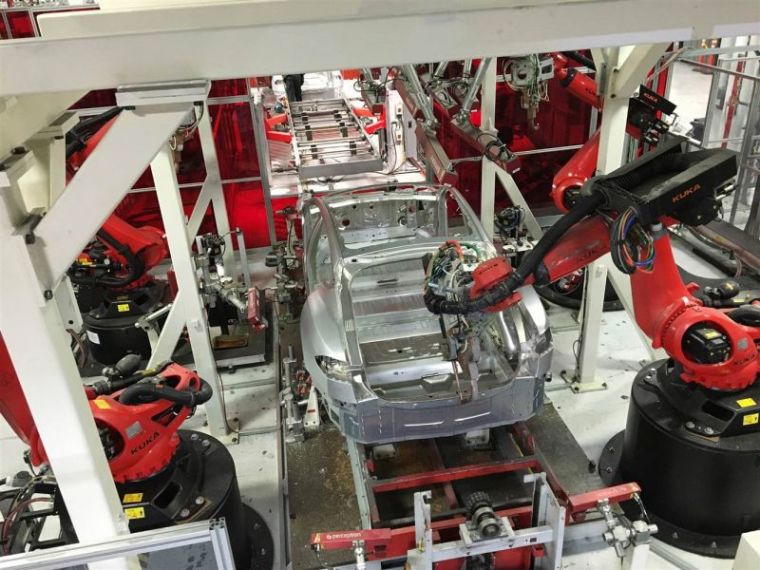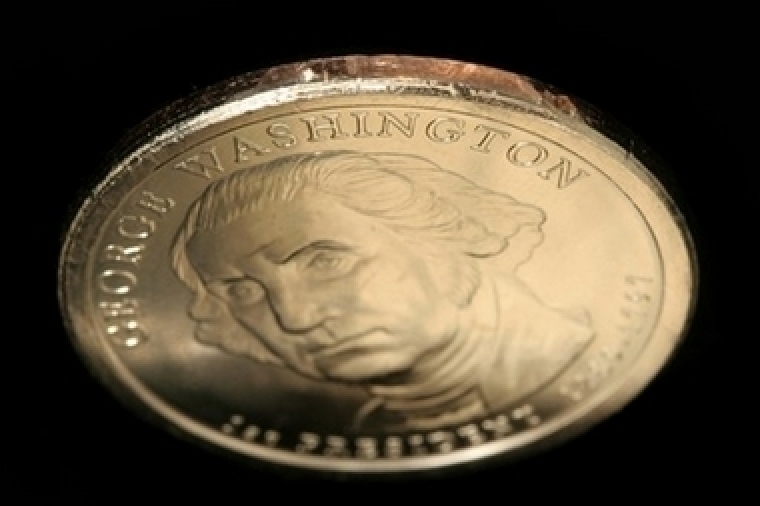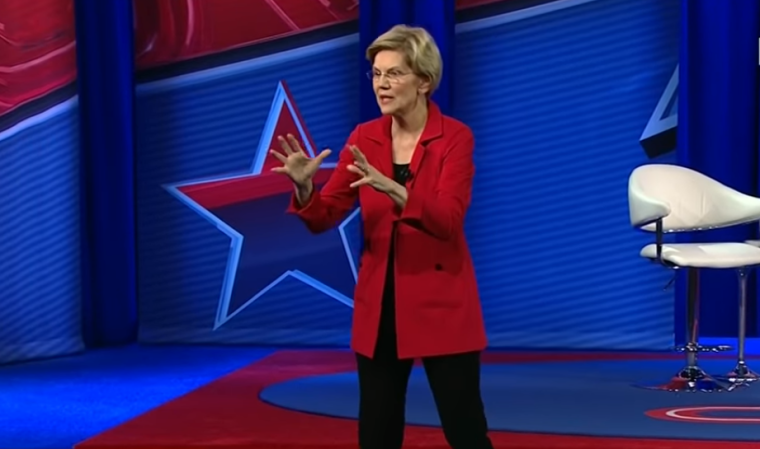
Are you looking for something beyond Mom, apple pie and football to be thankful for this holiday? Let’s thank God for the Industrial Revolution.
Sure, it’s one of the most maligned periods in human history. Socialists claim it trapped workers in wage slavery. Marx asserted it alienated laborers from the product of their labor, to which he attributes all the evils of mankind from flat tires to broken bed springs, and business owners stole the wealth that workers created by keeping the profits.
Others portrayed pre-Industrial Revolution Europe as idyllic with plump farmers happily raising families in the clean air of the countryside. The Industrial Revolution destroyed that paradise. Today, environmentalists complain that industrialization is destroying the climate, depleting resources and killing off animal species. That’s all fake history.
The truth is that before the Revolution, Europe was as poor as Haiti is today and people lived no better than the average person 10,000 years earlier. Life was short and brutal. Most children died before reaching adulthood. According to Nobel Prize winner Robert Fogel in his classic book The Escape from Hunger and Premature Death, 1700-2100: Europe, the continent grew enough food to provide calories for only 80% of workers. The other 20% consumed only enough calories to walk a short distance where they could beg for more.
Check out the hockey stick graphs of per capita GDP (a measure of living standards) available on the internet. Here is one. Most graphs begin in the year 1000 AD, but the best economic historians, such as Angus Maddison, demonstrate that little improvement in living standards took place between prehistory and the Industrial Revolution.
It doesn’t take a great deal of thought to understand why living standards didn’t improve. Farming determines how many people live in cities because city dwellers can eat only the surplus that farming families grow and don’t eat. Cutting edge farming technology in early human history was a team of oxen. In 1800, it was still a team of oxen, although horsepower was being introduced. Did you play the video game The Oregon Trail? What dragged the covered wagons over the plains? Oxen!
Life changed abruptly in the 17th century Dutch Republic. Dutch Protestants implemented the economic principles that Catholic scholars from the University of Salamanca, Spain, had distilled from the Bible. They did so because they had recently won independence from Spain after an 80-year war and saw their nation as the new Israel. So they wanted to establish a government based on Biblical principles. They sought to keep the seventh commandment, “Thou shalt not steal,” by limiting government power and establishing free markets.
The Dutch didn’t anticipate that the change would make them richer. No one at that time thought it was possible to improve living standards. After all, they hadn’t changed in over 5,000 years. But they did. The Dutch launched the Industrial Revolution. For the first time in human history, standards of living began to grow rapidly as the graphs show, first in the Dutch Republic, then England, the US and Western Europe.
The West left behind millennia of cycles of famine and mass starvation that the rest of the world continued to suffer from for centuries longer. Westerners today are 30 times wealthier than our ancestors in the 17th century. That’s close to a 3,000% increase. Greater wealth bought better health and longer lives. The planet could support more people, too. In 1900, the planet could feed a mere one billion people. Today, we feed almost eight billion so well that obesity is a problem.
Adam Smith praised the Dutch government in his classic The Wealth of Nations as having most fully implemented the system of natural liberty. That system became known as capitalism. Critics point out that capitalism hasn’t solved all problems in the world today. We still suffer from war, crime, violence, poverty, and racism. Wealth is not evenly distributed.
But the Dutch never intended their system to solve all of humanity’s problems, nor did they think humans could. God could, but not humans. They had one object in mind, to establish a government on Biblical principles and so please God.
Atheists fabricated the nonsense that the state can perfect human nature because people are born good and turn bad only because of oppression. Atheists set up the state as an idol in place of the Christian God and attributed to the state all of God’s power to recreate paradise on earth. History for the past 150 years has proven them wrong.
So, if you enjoy central heat and air conditioning, the high-definition smart TV on which you will watch the University of Oklahoma football team play against Oklahoma State, or the Ford F-150 in your driveway, or any of the many material blessings of living in the richest nation on the planet and in the history of humanity, you must thank God for the Industrial Revolution.




